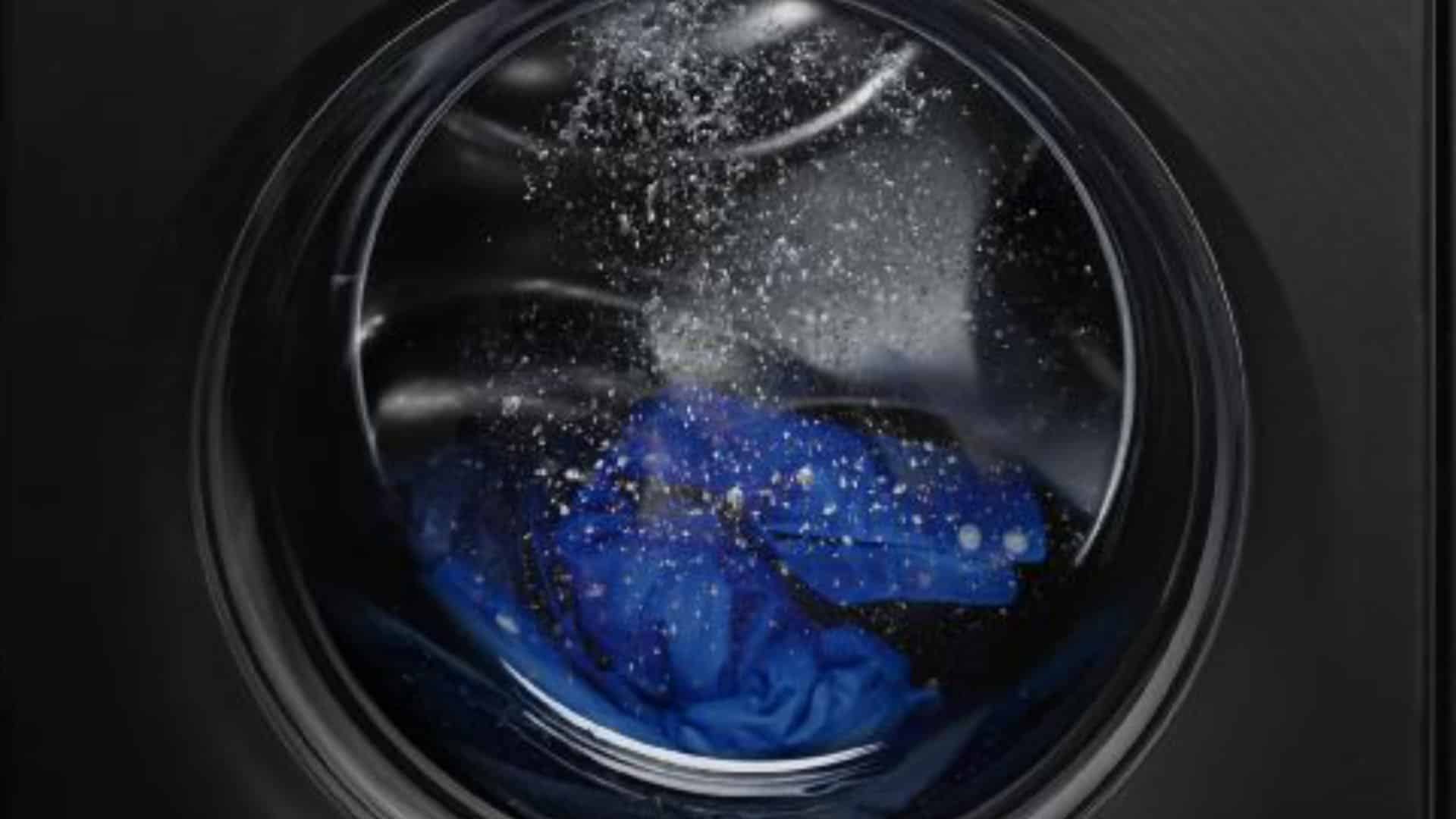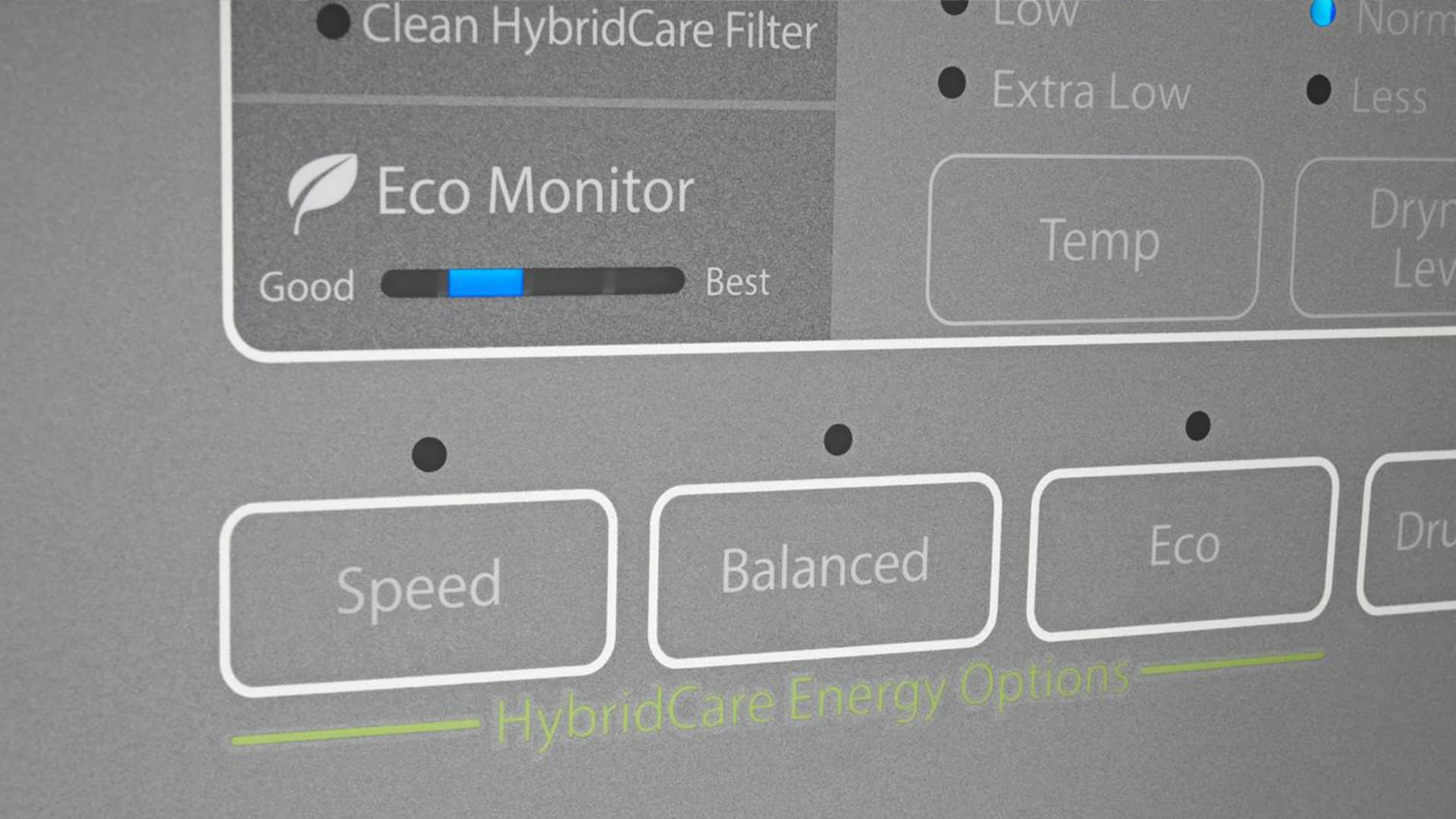
The energy consumption of a dryer can vary widely depending on several factors, including the type of dryer, its energy efficiency, and your usage habits. We have put together this comprehensive guide to help you determine how much energy your dryer is likely using.
Let’s start by discussing the factors determining your dryer’s energy use.
Factors that determine dryer energy use
A few important factors determine how much energy your dryer uses. Here are the main ones:
Power type
Electric dryers obviously use more energy than gas-powered ones. Electric dryers will, on average, use anywhere from 1500 to 5000 watts per hour, translating to 3 to 5 kWh (kilowatt-hours) for a typical cycle. Gas dryers are generally more energy-efficient than electric dryers. They typically use natural gas to heat the air, which can be less expensive than electricity. Gas dryers consume about half the energy of electric dryers, with an average usage of 1800 to 3000 watts per hour or 1.8 to 3 kWh for a standard cycle.
The specific type of dryer
The exact energy usage of your dryer will depend on the dryer’s capacity, age, and energy efficiency rating. Energy-efficient dryers, whether electric or gas, are designed to use less energy but at the same time still effectively dry your clothes. These models may have features like moisture sensors, which detect when your clothes are dry and automatically shut off the dryer. Energy Star-certified dryers are a good choice if you want to reduce your energy consumption.
How often do you use it?
Your energy usage will also depend on how often you use the dryer and for how long. Running multiple consecutive cycles, overloading the dryer, or drying heavy fabrics can increase energy consumption significantly.
Dryer maintenance
Cleaning the lint filter and ventilation system out regularly will reduce the energy consumption of your dryer. Manufacturers recommend cleaning the lint filter after every use and the vent a few times a year. Cleaning these components ensures air can better flow through your dryer, which ensures it doesn’t use as much energy.
How to determine how much energy my dryer uses
Let’s consider different scenarios for clothes dryer usage, assuming a one-hour dry cycle. These calculations illustrate how the dryer usage frequency and wattage can significantly impact your electricity consumption. Remember that these are rough estimates, and actual energy usage will vary.
Using your dryer once a week (3000W dryer)
- Using the 3000-watt dryer once a week amounts to 3 kilowatt-hours (kWh) of electricity per week.
- Over the course of a month, this adds up to 13 kWh.
- Annually, the total energy consumption reaches 156 kWh.
Using your dryer three times a week (3000W dryer)
- Running a 3000-watt dryer three times a week results in 9 kWh of electricity consumed weekly.
- On a monthly basis, this equates to 39 kWh.
- Over the course of a year, the energy usage tallies up to 468 kWh.
Using your dryer daily (900W dryer)
- If you use a 900-watt dryer daily, your weekly energy consumption amounts to 21 kWh.
- Over a month, this totals 91 kWh.
- Annually, your energy usage reaches 1,092 kWh.
Powering a clothes dryer FAQ
Now that we have hopefully given you a good idea of how much energy your dryer uses, we thought we would end by answering some of the most frequently asked questions people have when it comes to powering their dryer.
Can I use a regular electrical outlet for my dryer?
Most clothes dryers require a dedicated 240-volt electrical circuit with a special outlet. These outlets have larger prongs to accommodate the dryer’s higher voltage and power needs. Having the correct electrical setup to operate your dryer safely is essential.
How do I find out how much voltage my dryer needs?
You can find the electrical requirements for your dryer in the manufacturer’s manual or on a label located near the dryer’s power cord. It typically specifies the voltage (usually 240 volts), amperage (often 30 or 50 amps), and the type of plug required. If you don’t have a manual, check the manufacturer’s website for the correct information.
Can I use an extension cord with my dryer if the outlet is too far away?
It’s not recommended to use an extension cord with a dryer. Dryers draw a substantial amount of power, and using an extension cord can lead to overheating, electrical hazards, or damage to the appliance. Hiring a professional electrician to install the correct outlet closer to your dryer is a better option.
Can you convert a gas dryer to an electric dryer?
Converting a gas dryer to an electric one, or vice versa, is a complex and costly process. It typically involves rewiring, altering the gas lines, and potentially modifying the dryer itself. It’s usually more practical and cost-effective to purchase a dryer that matches your home’s existing setup.
What can I do to reduce the energy use of my dryer?
Clean the lint filter and vent out regularly to make your dryer more energy-efficient. You should also ensure you don’t overdry clothes, use dryer balls, and use the correct cycle for each load. Following these tips can significantly reduce your energy bill.
Why is my dryer taking so long to dry laundry?
Several factors can cause a dryer to take longer to dry clothes, including a blocked dryer vent, a full lint filter, and overloading your dryer during a cycle. It can sometimes be caused by something more serious, like a defective heating element or faulty gas supply.
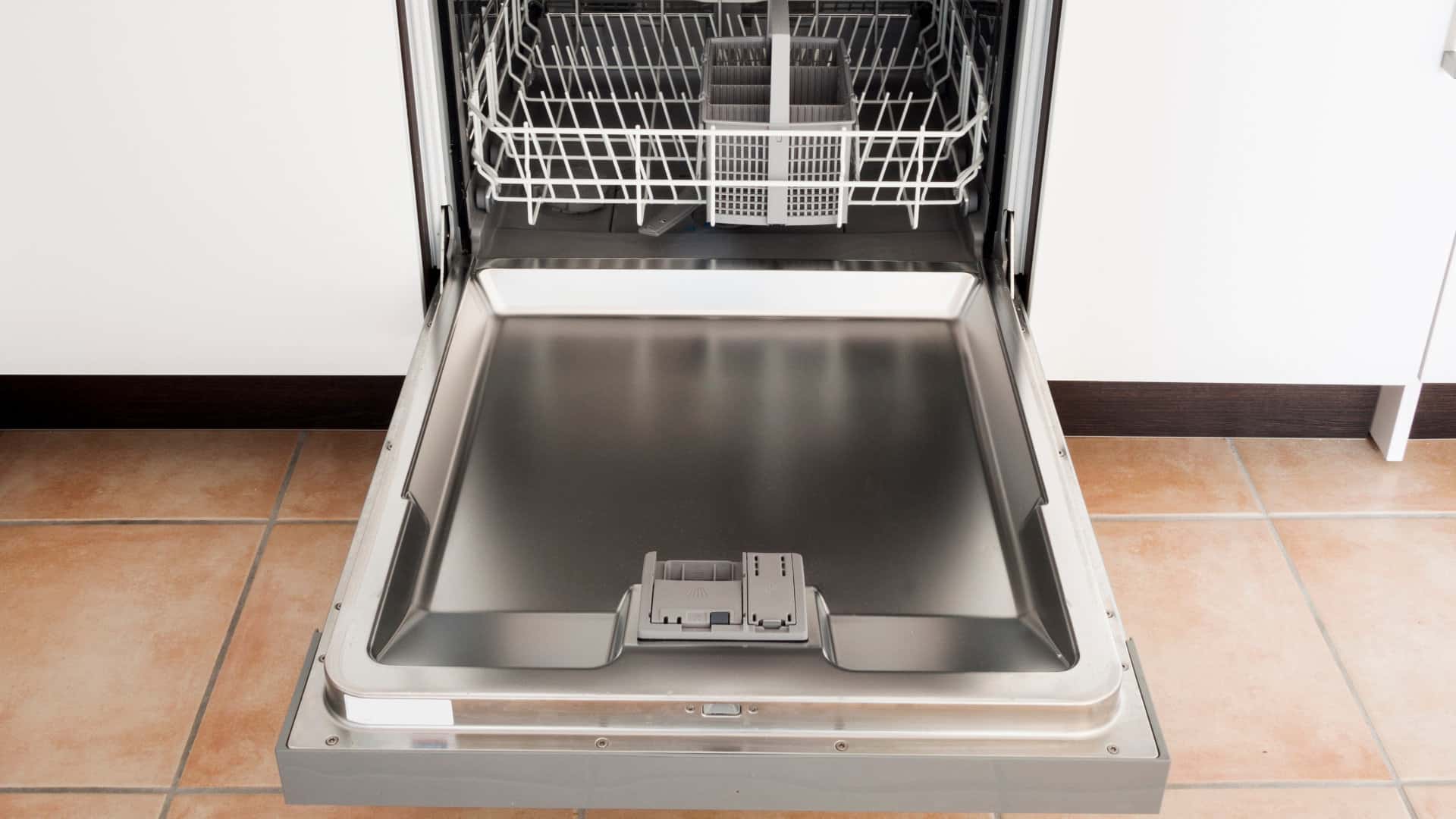
How to Resolve the Bosch Dishwasher E15 Error Code
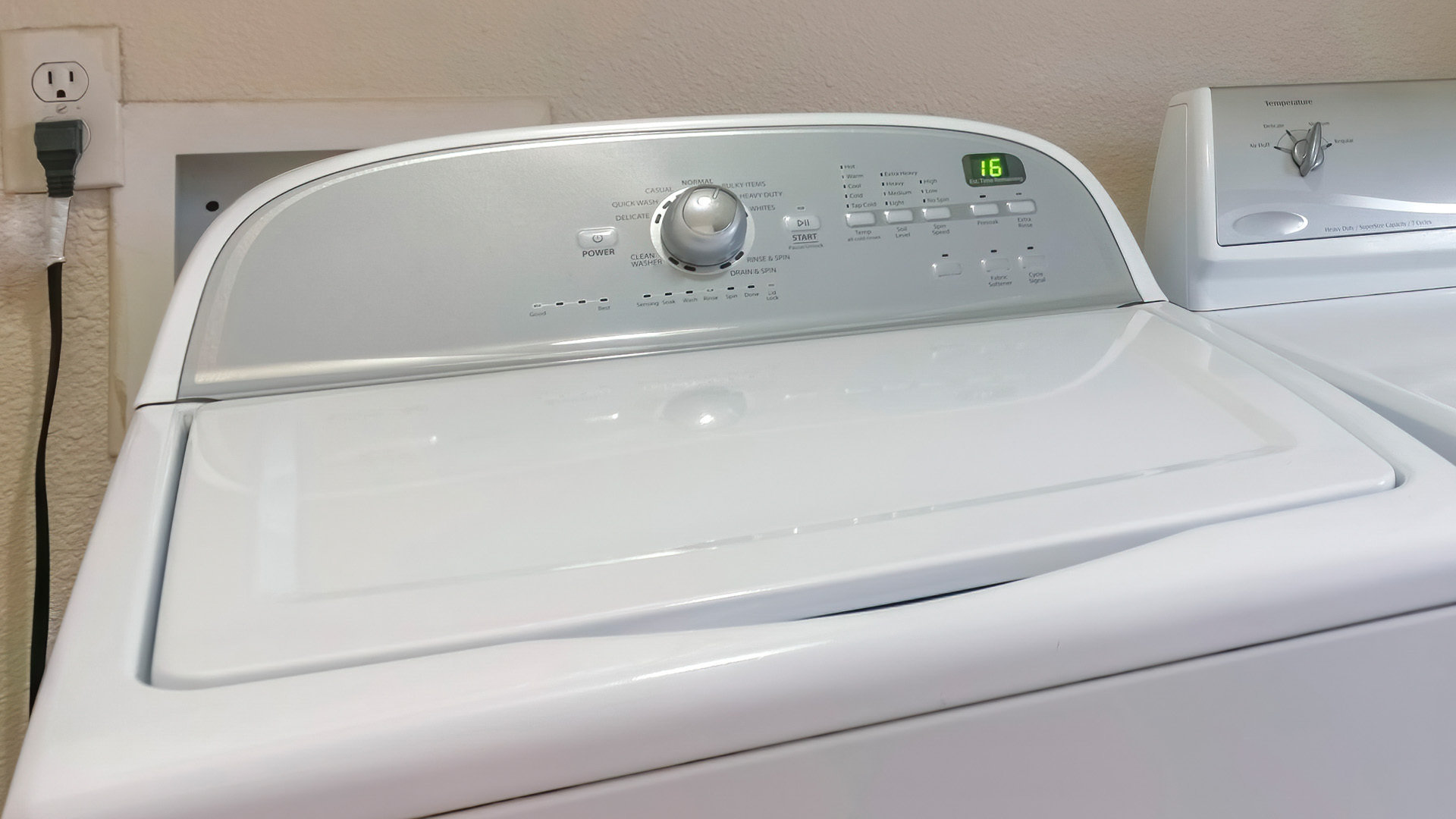
How to Balance a Washing Machine (5 Quick Tips)
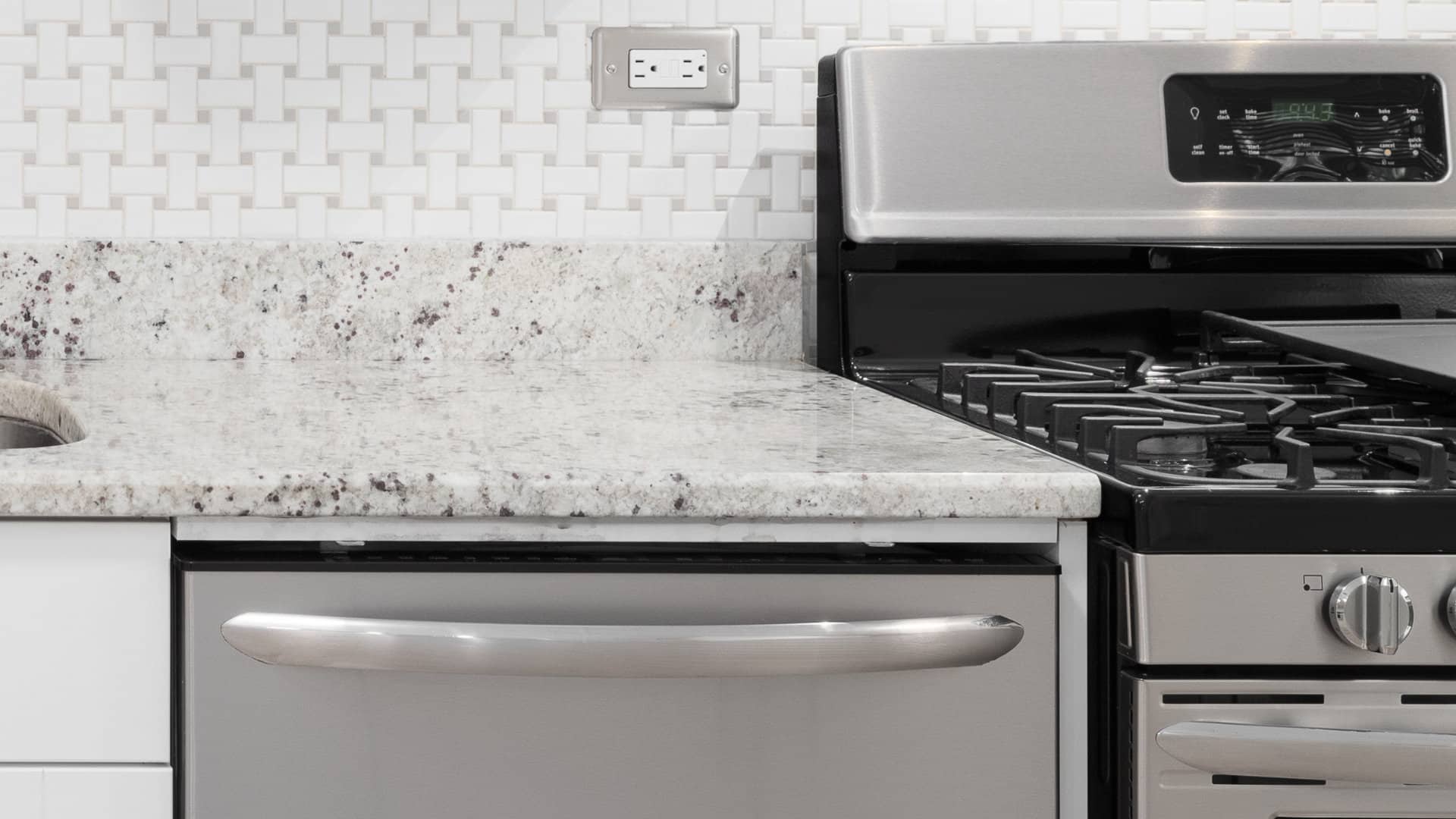
Solutions for a Frigidaire Gas Stove Oven Failure
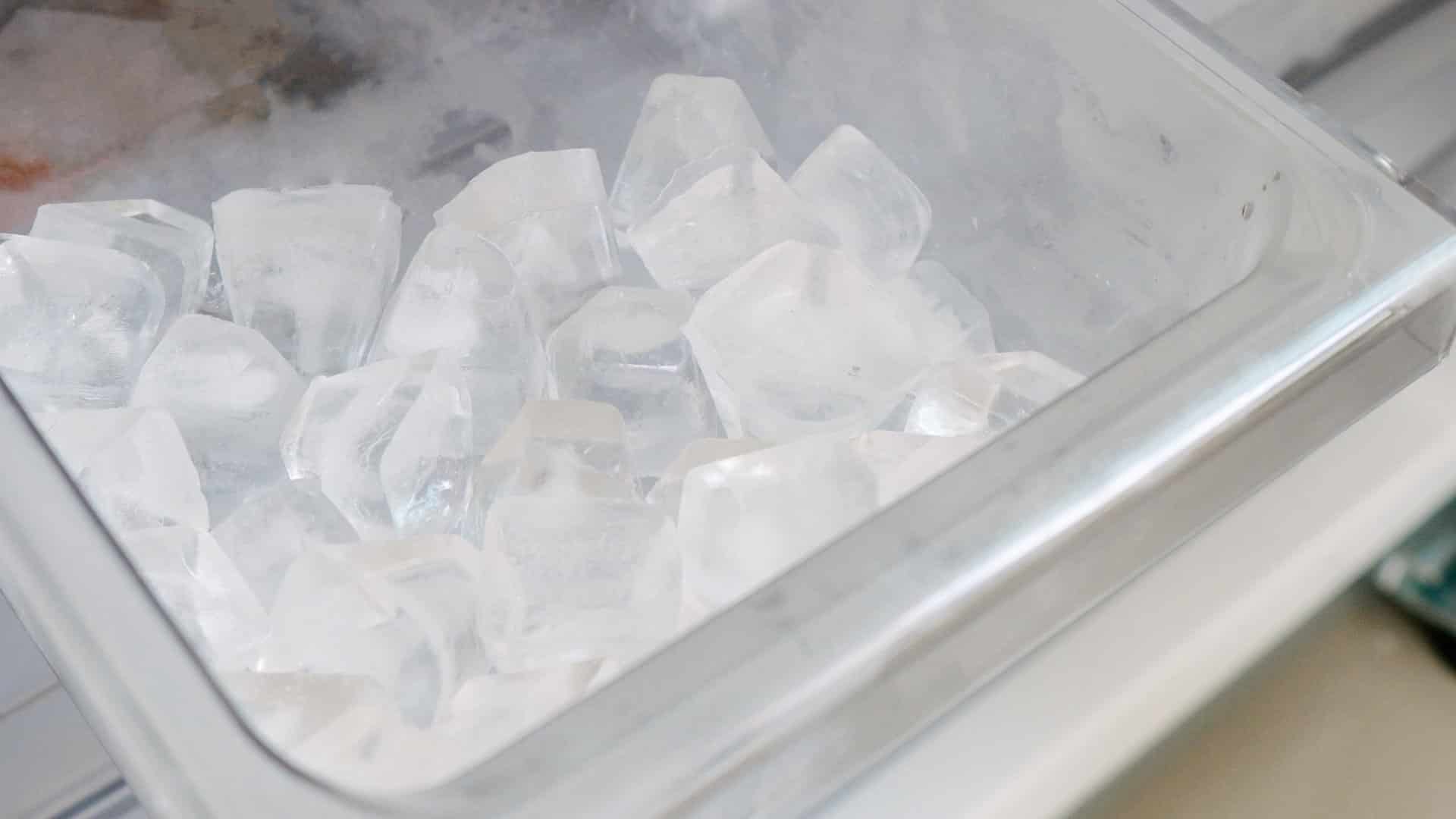
How to Fix a GE Ice Maker Not Working (Quick Fixes)
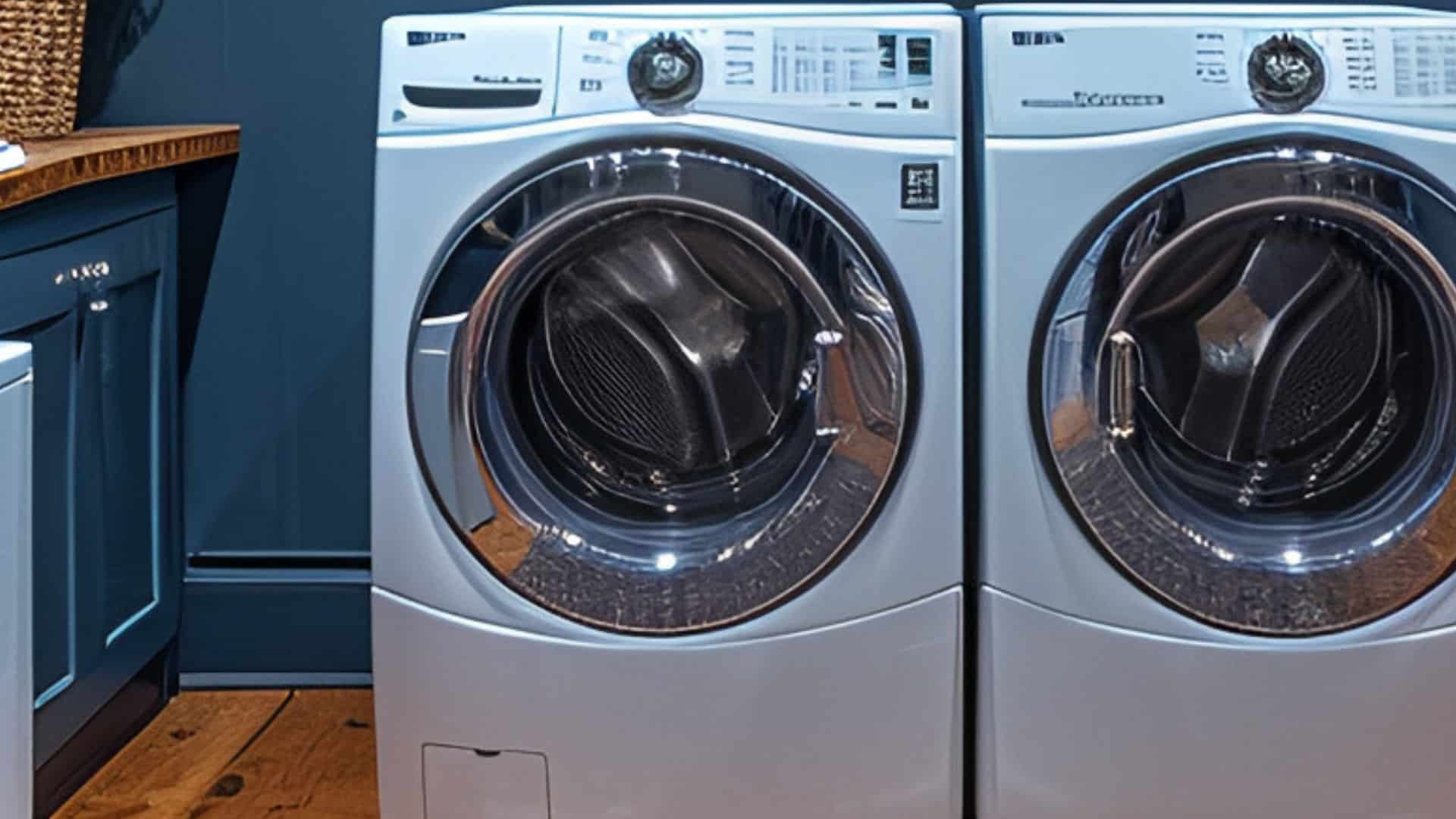
How to Fix the Electrolux Dryer Error Code E64
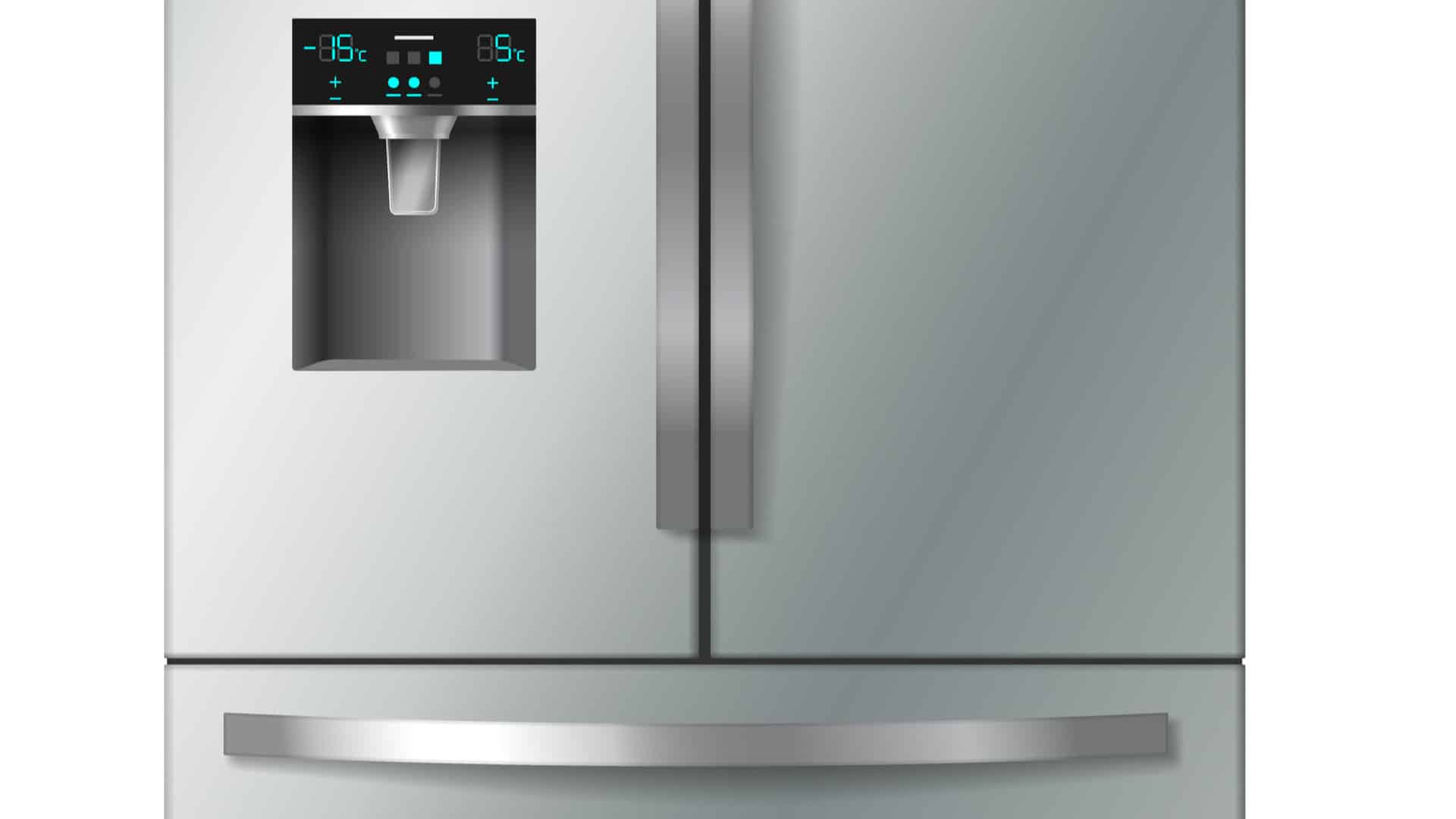
Is Your Whirlpool Ice Maker Not Working? Here’s Why
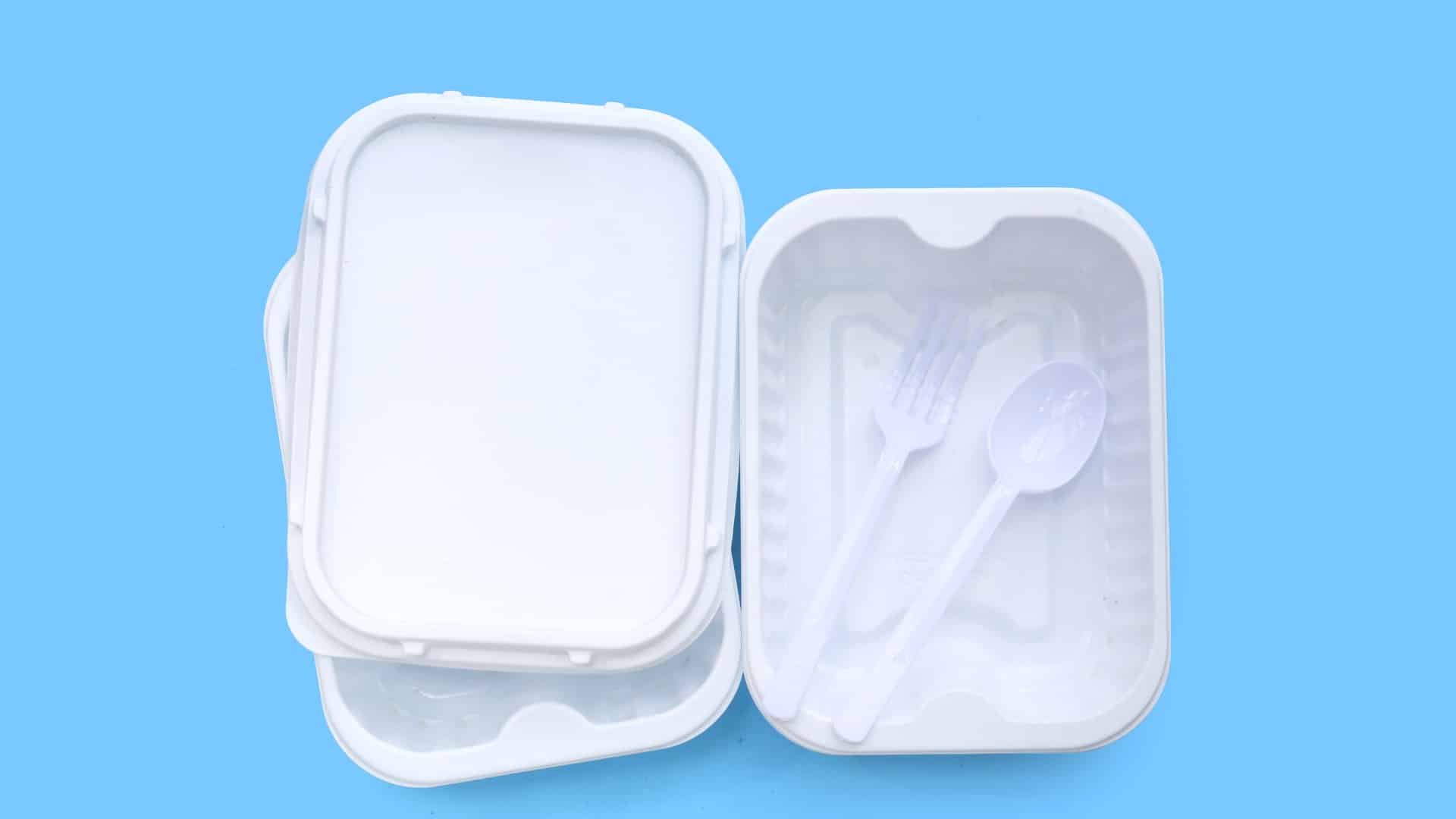
Can Styrofoam Be Microwaved? (Safety and Risks)
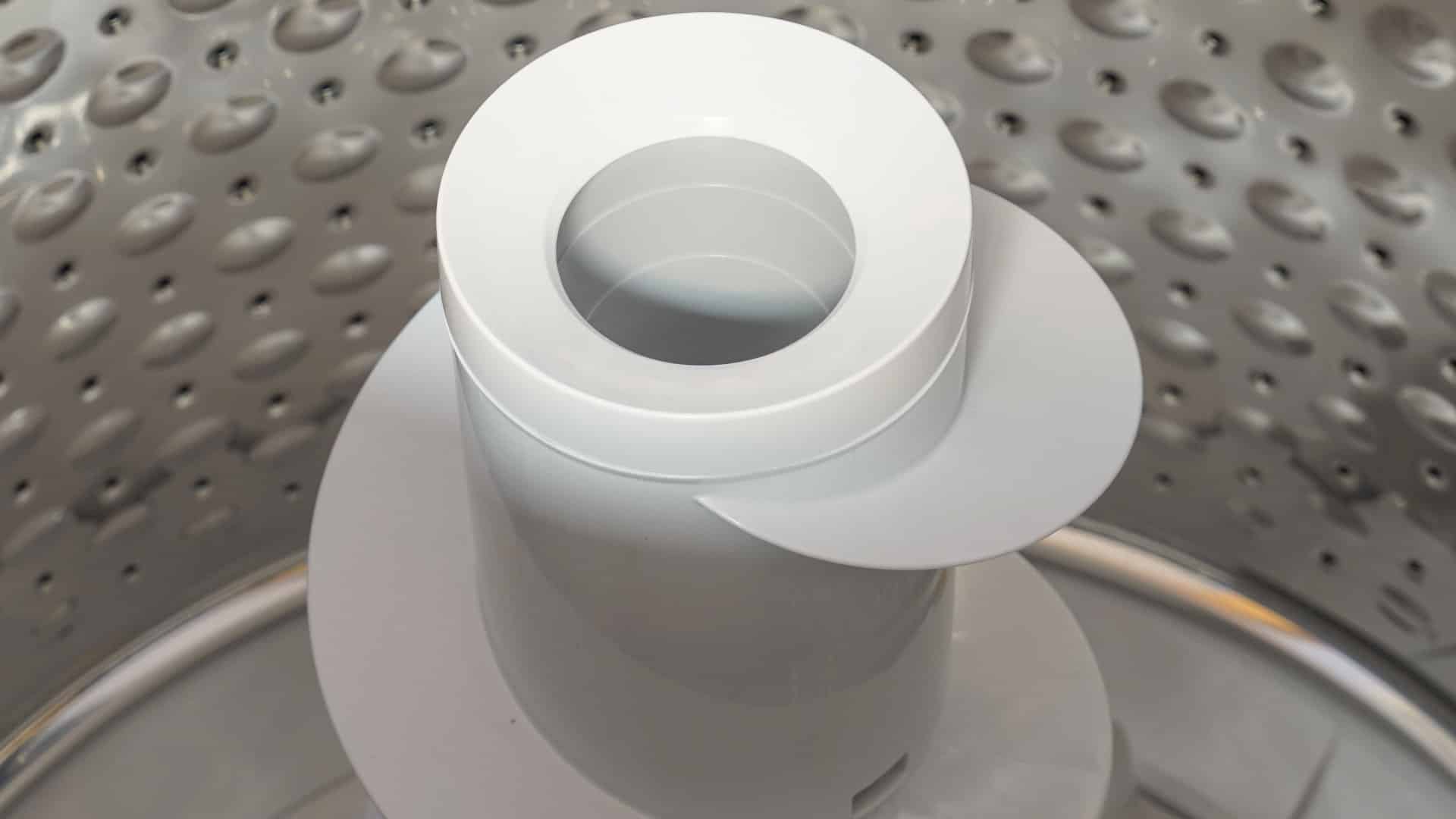
Agitator vs. No Agitator Washer: What’s Best?
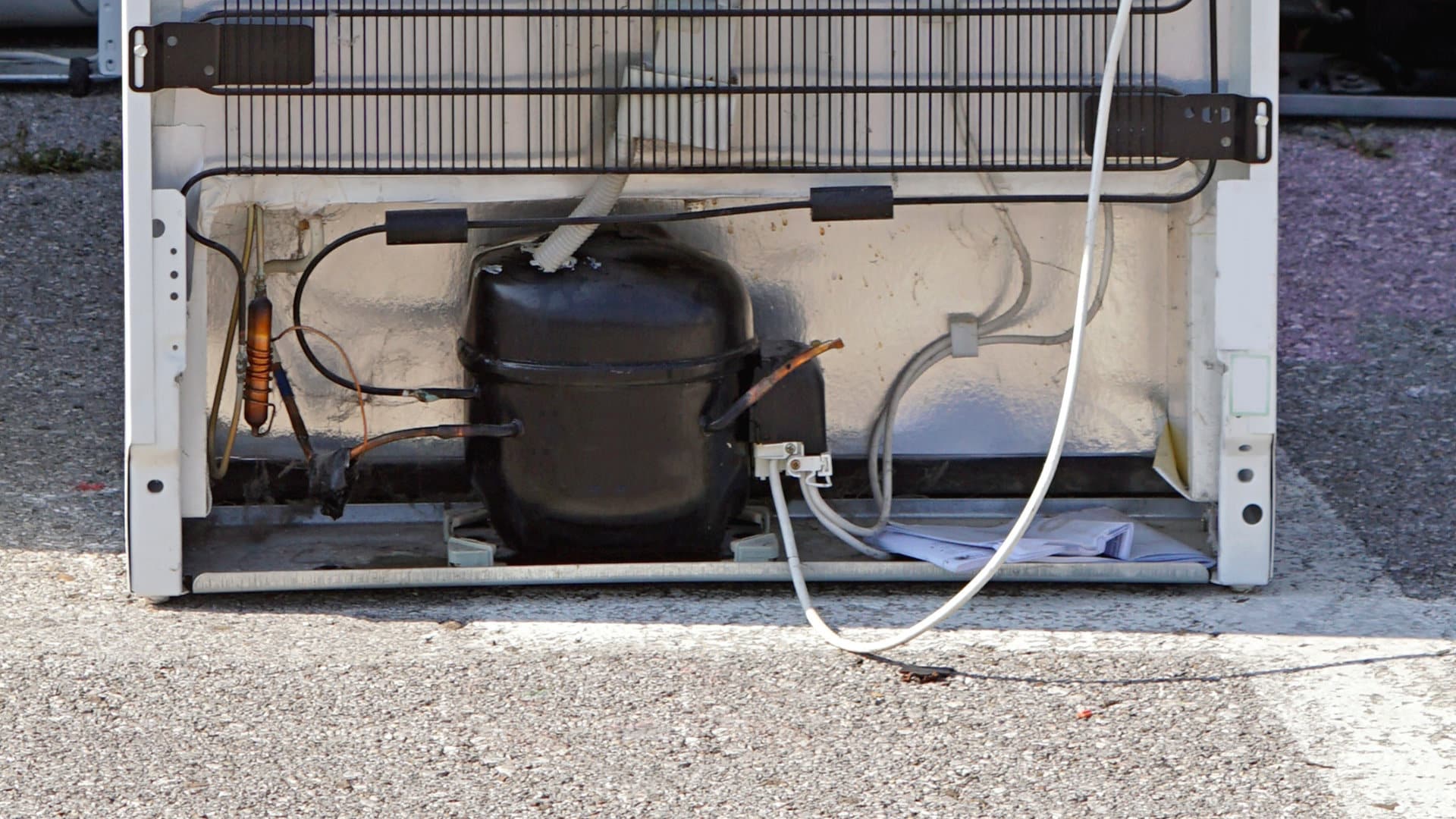
Why Is Your Refrigerator Compressor Hot? (6 Potential Causes)
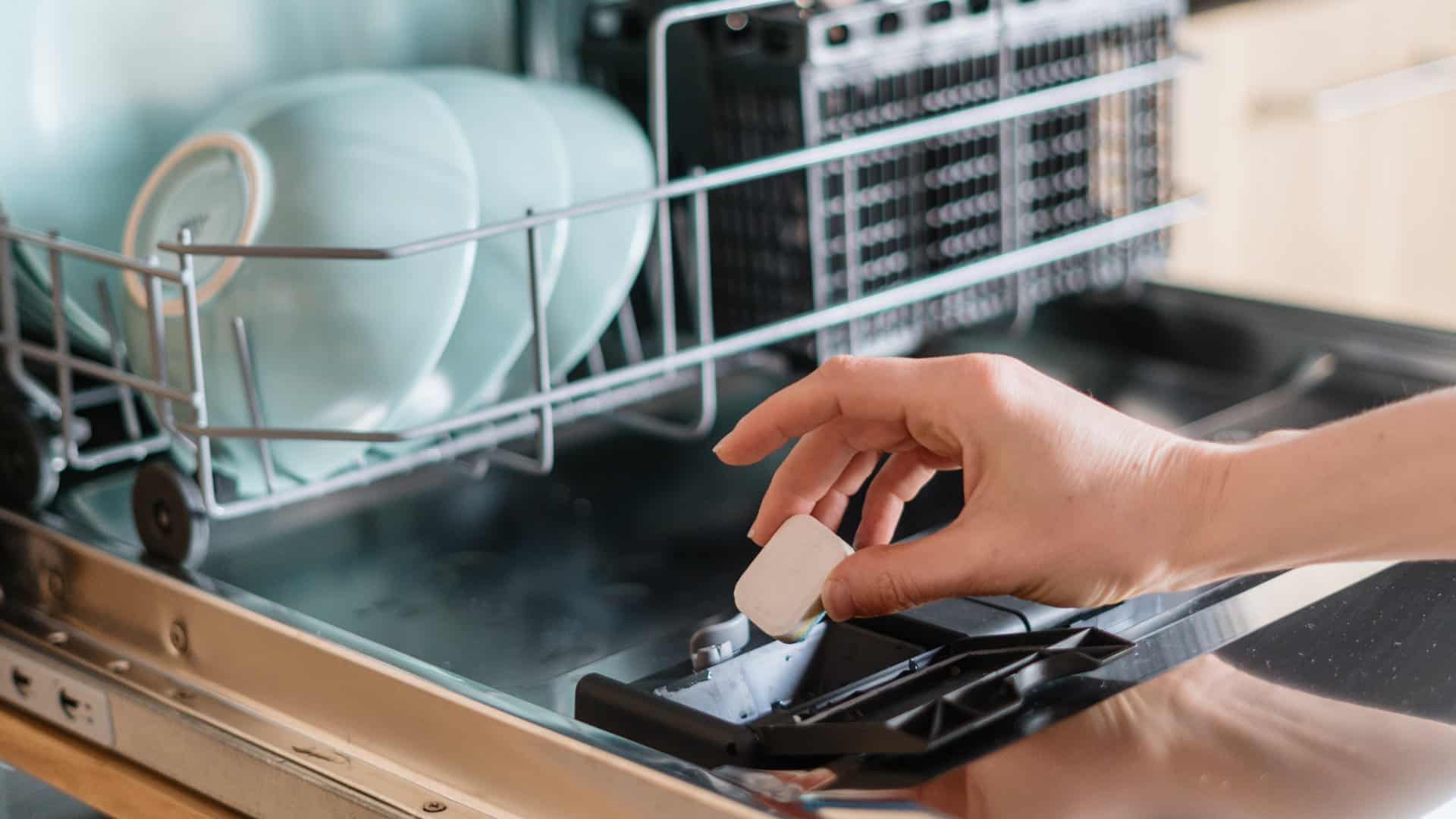
How to Use Dishwasher Pods
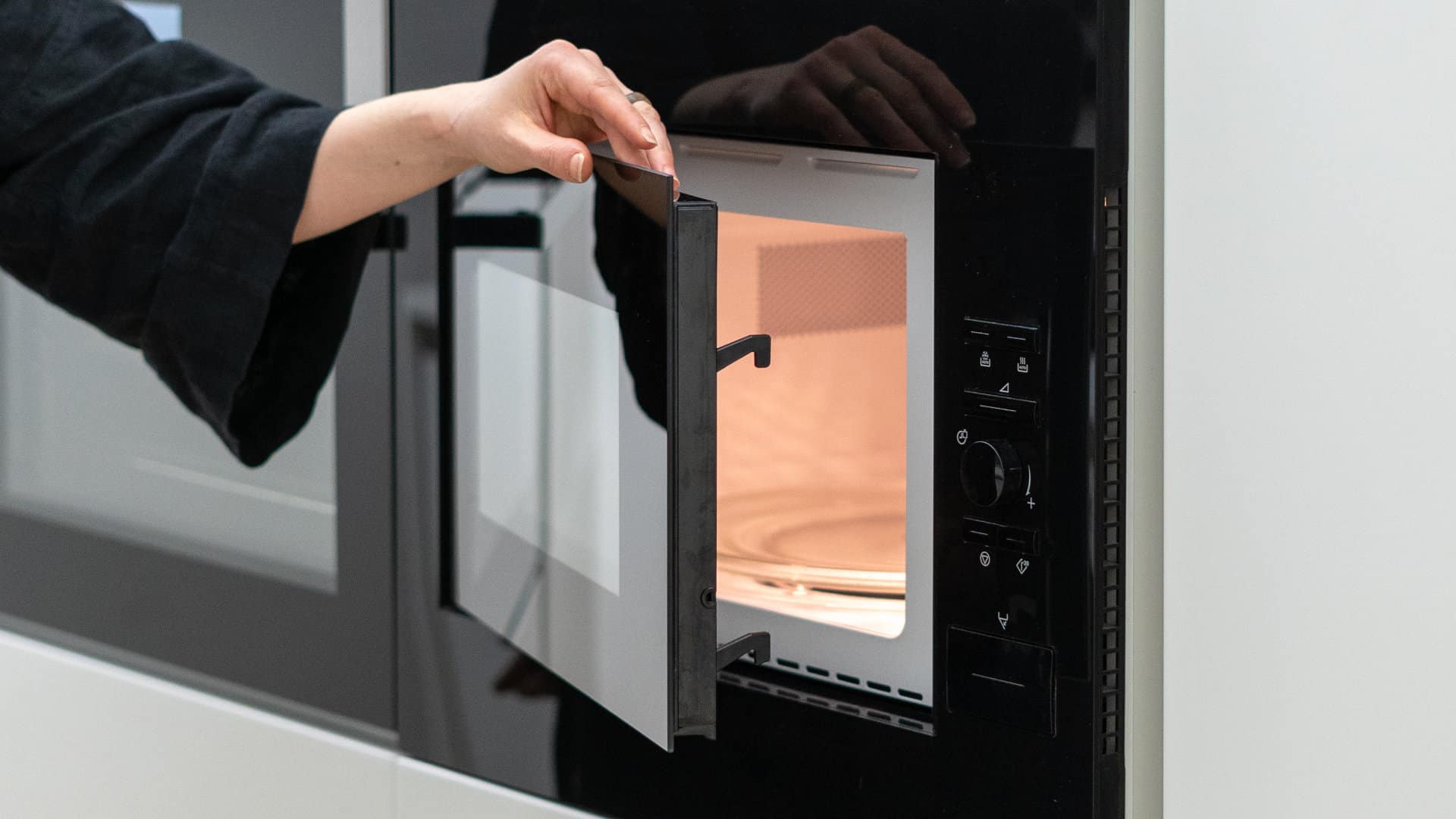
How to Unlock Your Microwave
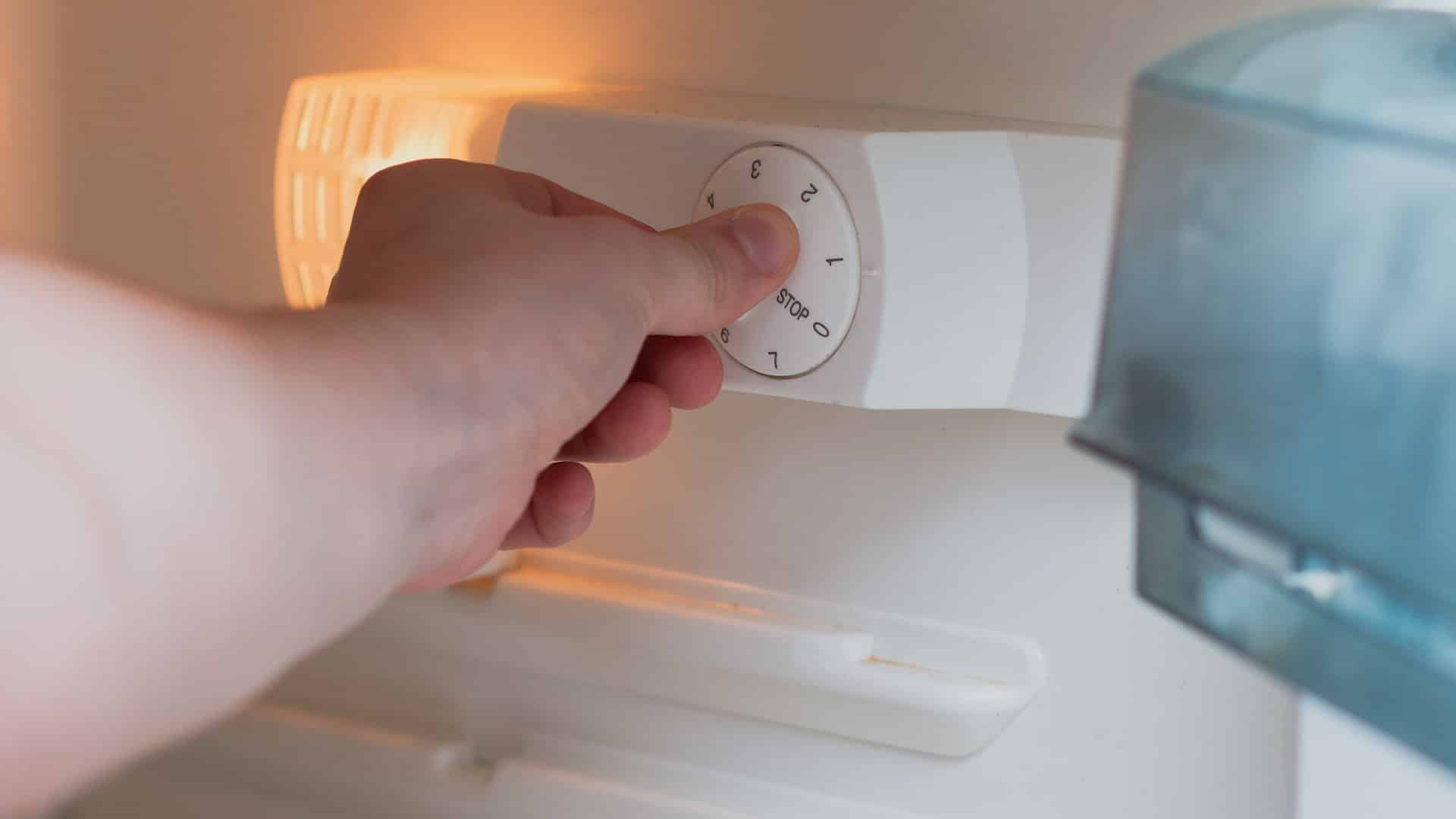
How Many Watts Does a Refrigerator Use?
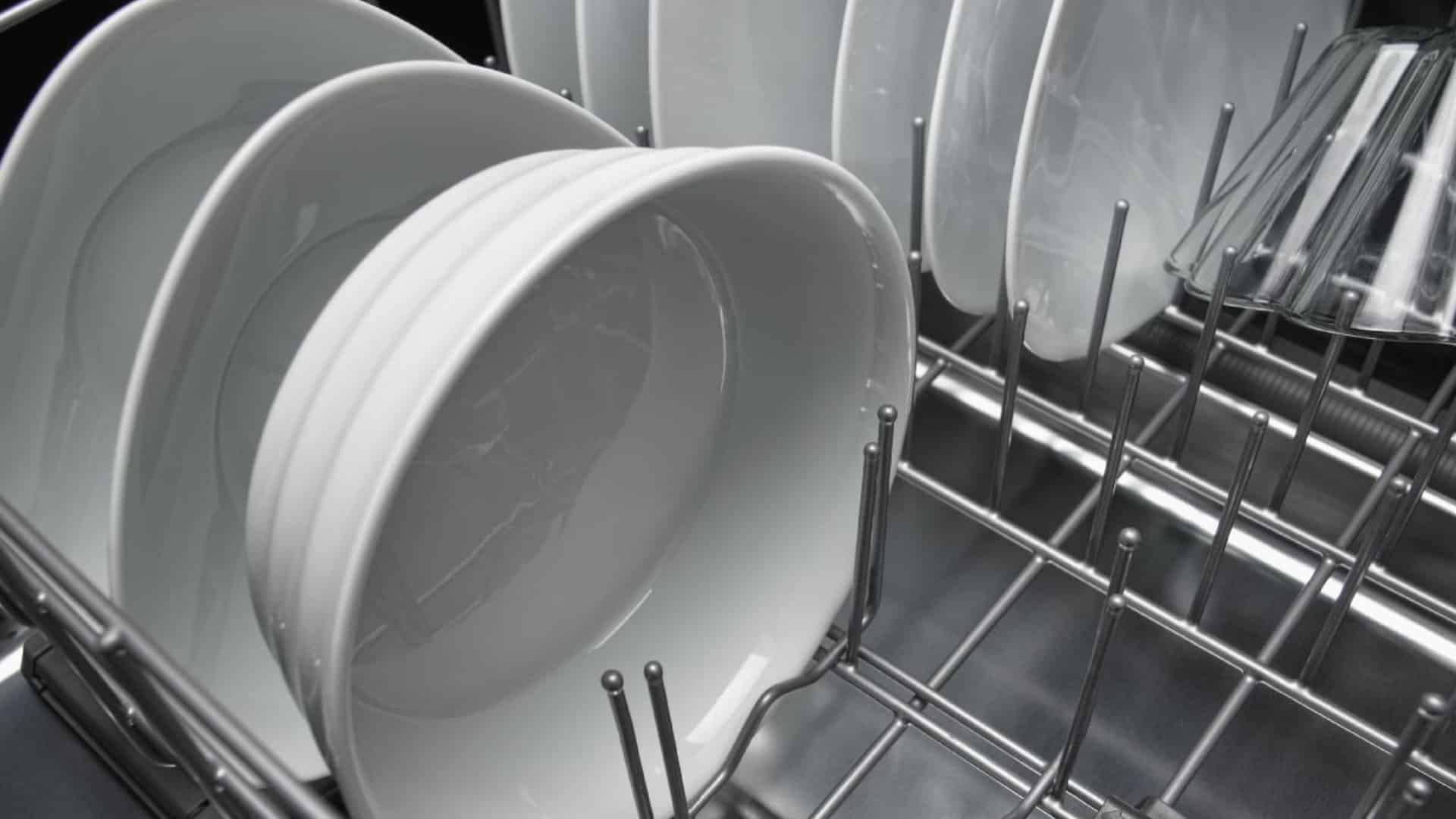
How To Fix a KitchenAid Dishwasher That Isn’t Draining
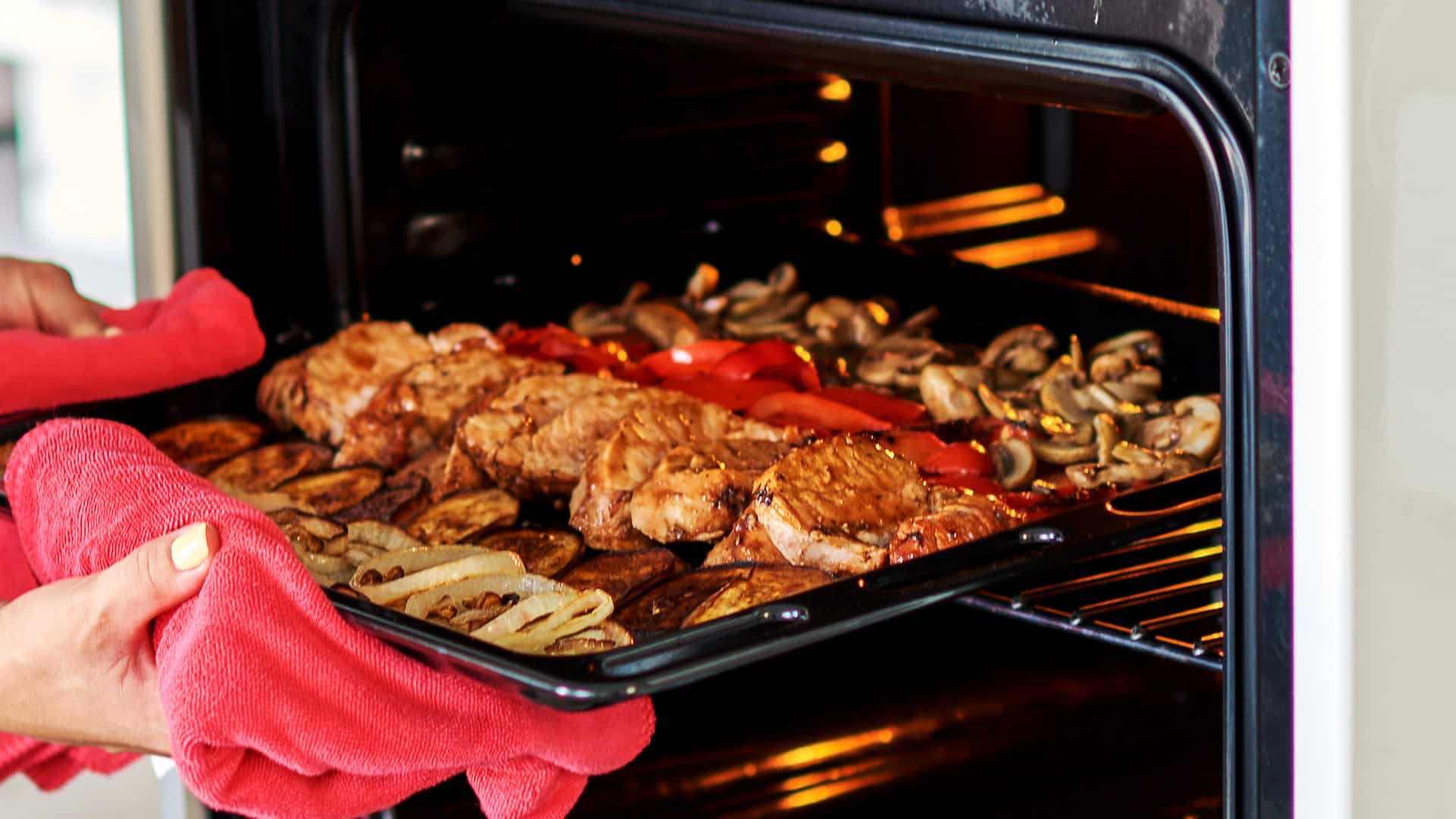
GE Oven F2 Error Code: Causes & Solutions
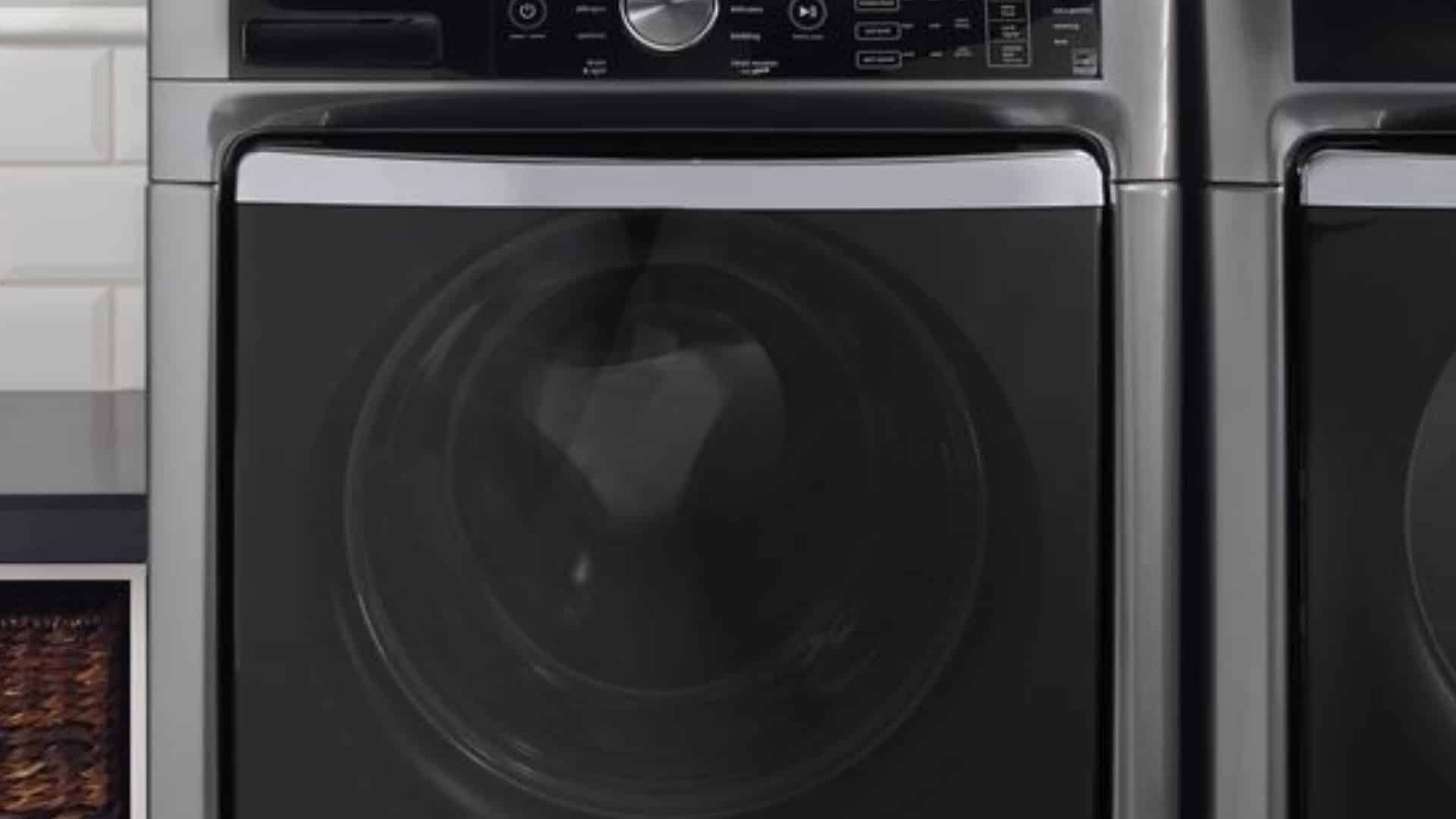
Maytag Washer Not Spinning? 5 Simple Solutions

Why Is Your Refrigerator Not Cooling?
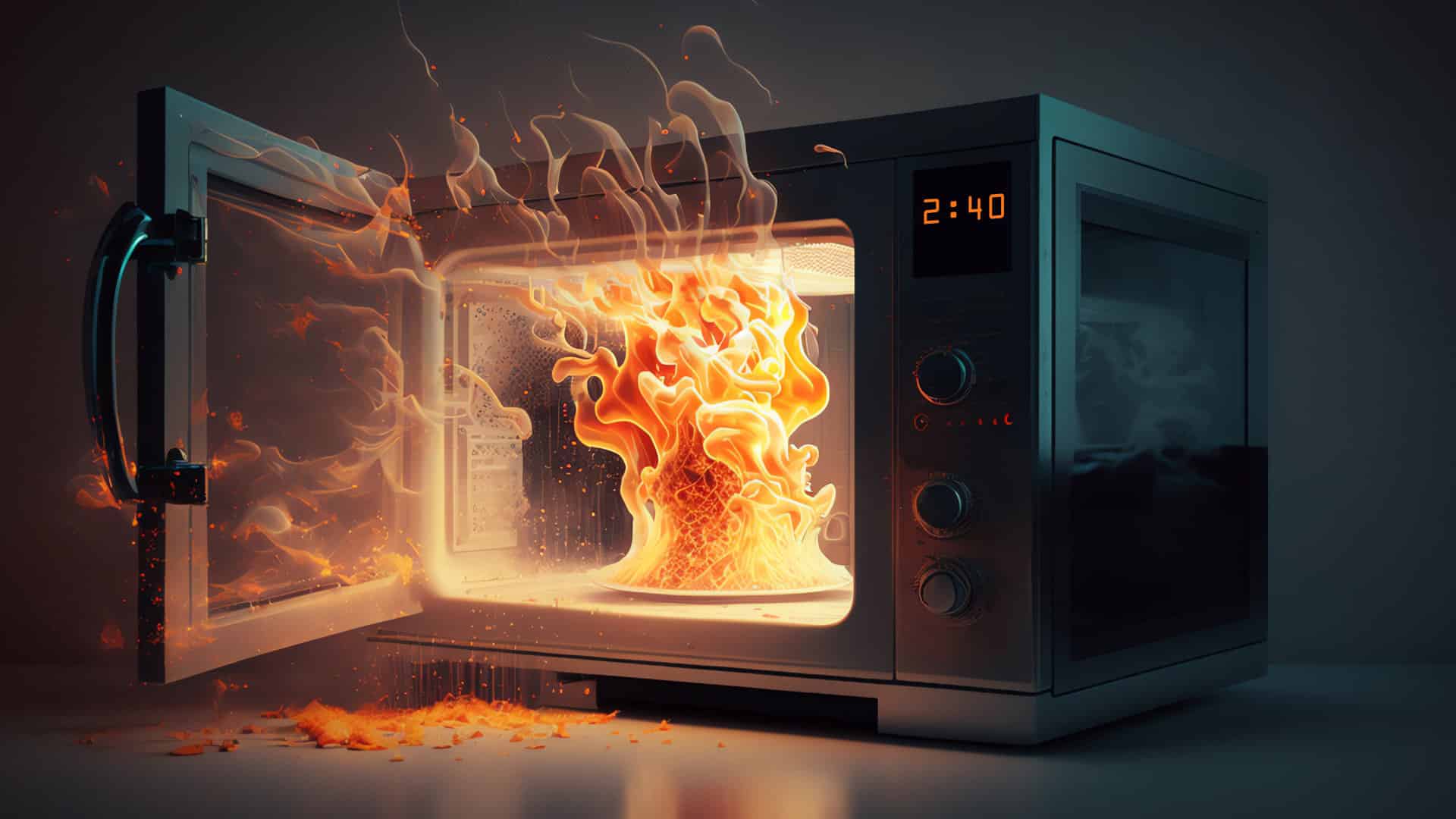
How to Get Rid of Burnt Smell in Microwave
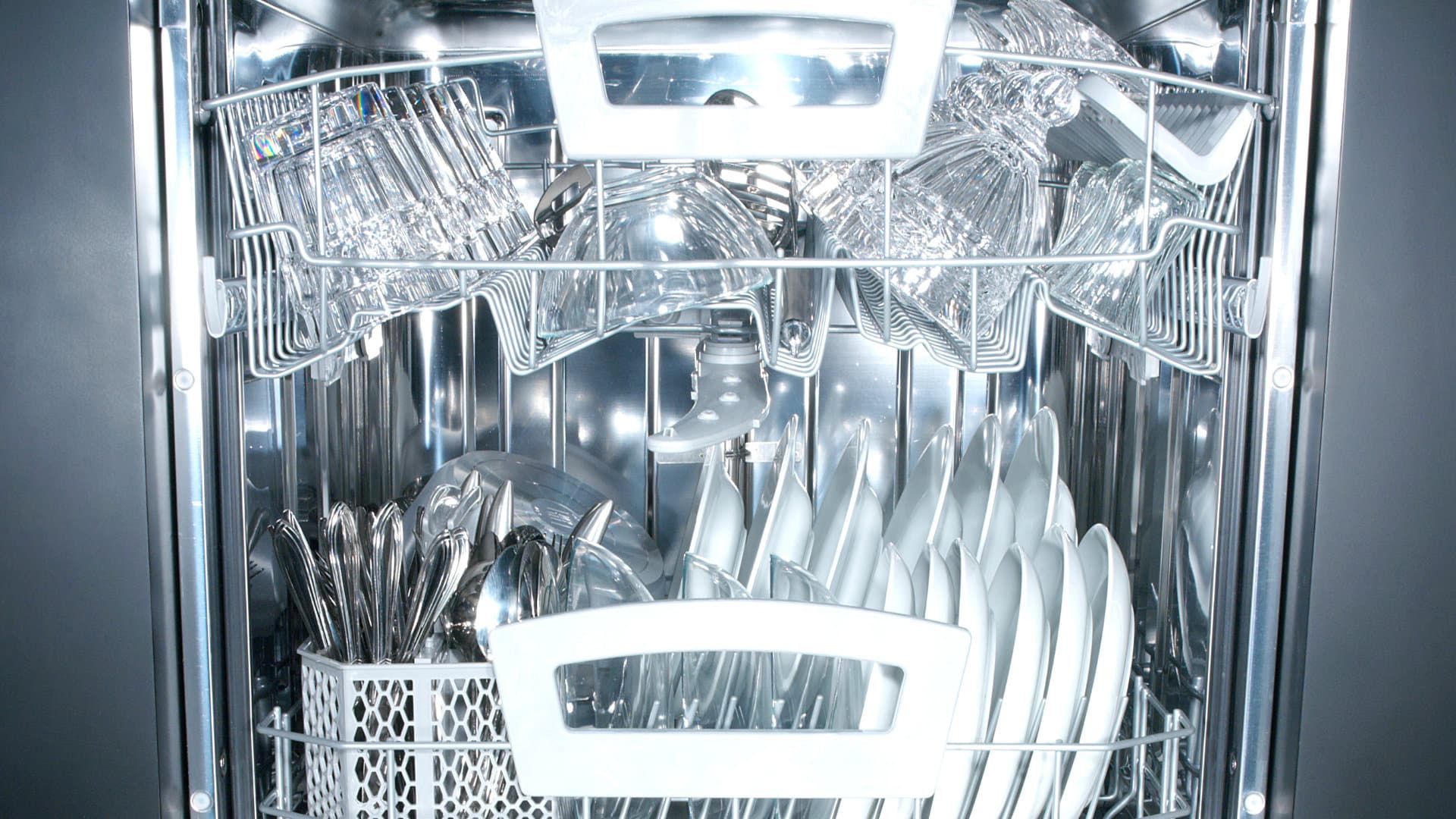
How to Fix a Dishwasher Not Cleaning Properly

How Much Energy Does My Dryer Use?
